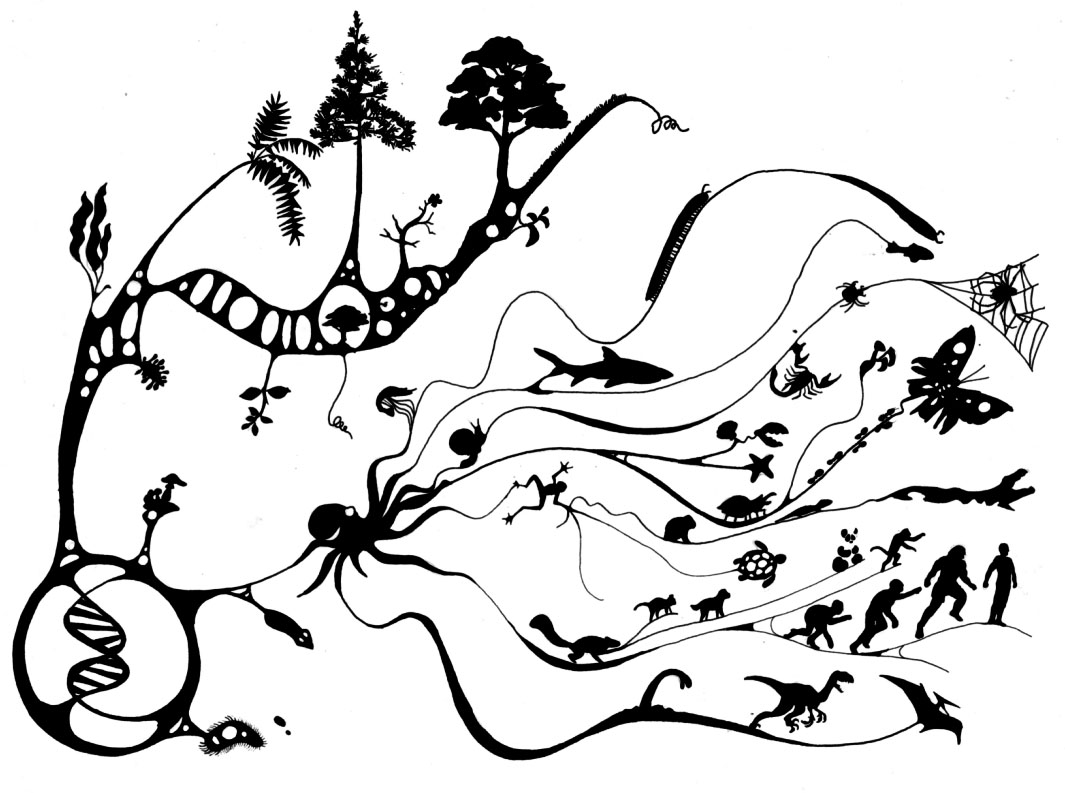The University of Sussex is currently one of only four universities in the UK that offers an undergraduate program in Cognitive Science. As well as this, Sussex hosts the ‘Sackler Centre for Consciousness Science,’ founded in 2012, which explores pathways into clinical intervention and diagnosis based on consciousness research.
The problem of conscious thought is commonly discussed in subjects such as Philosophy, Artificial Intelligence, Psychology, Linguistics and Anthropology. The interdisciplinary subject of cognitive science gradually developed from the work completed in these different subjects.
Cognitive Science investigates how biological matter produces the complex phenomena of consciousness. In a list of 125 contemporary questions science has yet to answer conclusively, Science magazine published an essay entitled “What is the biological basis of consciousness”, calling the problem the second most compelling mystery in science today, second only to the creation of the universe.
So how much ground has Sussex’s own Sackler Centre made into the study of consciousness? I talked to co-director Anil Seth to find out.
The Sackler Centre, like the research performed there, lies on a crossroads between different university departments. Nestled between the schools of Informatics, Psychology and Medicine, Seth and his colleagues are aptly placed to conductively run an interdisciplinary school. Seth describes the work he performs as co-director as making sure that department experts work smoothly and coherently together, “it’s always difficult to get different disciplines to work together, but when they do the results are stunning.”
Seth received his bachelor’s degree in Natural Sciences at Cambridge University before coming to Sussex where he completed a master’s and later a PhD in Computer Science & Artificial Intelligence. He’s lectured at universities all over the world, including San Diego and Amsterdam, yet is clearly excited about his present work, “the work being done here is almost unique” he says with pride. Sussex is home to state of the art equipment, such as EEG and fMRI scanners which are pivotal in the work neuroscientists do on conscious states.
The research into consciousness at the Sackler Centre is focused on having a clinical application, “we’re trying to improve the understanding that goes into psychiatric medicine, not all of which is currently understood.” When I asked Seth to talk me through some of the research, which the Sackler Centre is currently undergoing, he jumped up and ushered me to a computer to show me his cutting edge research into using virtual reality to synthesize body parts. In this experiment the participant’s hand is digitally scanned and recorded.
Once they put on a pair of glasses they are presented a projection of a hand that looks and acts exactly like their own. This research is hoped to be instrumental in understanding what causes Phantom Limb Syndrome, a sensation that an amputated limb is still attached, which many amputees experience.
The future for the Sackler Centre and Cognitive Science as a whole looks bright. Seth’s work is just one project in an EU-wide attempt to understand consciousness through virtual reality. The directors of the Sackler Centre are very optimistic that their interdisciplinary research team at Sussex will have wide reaching consequences for the way we think about consciousness. So that one day we may be able to conclusively answer the overarching question, what is consciousness?



